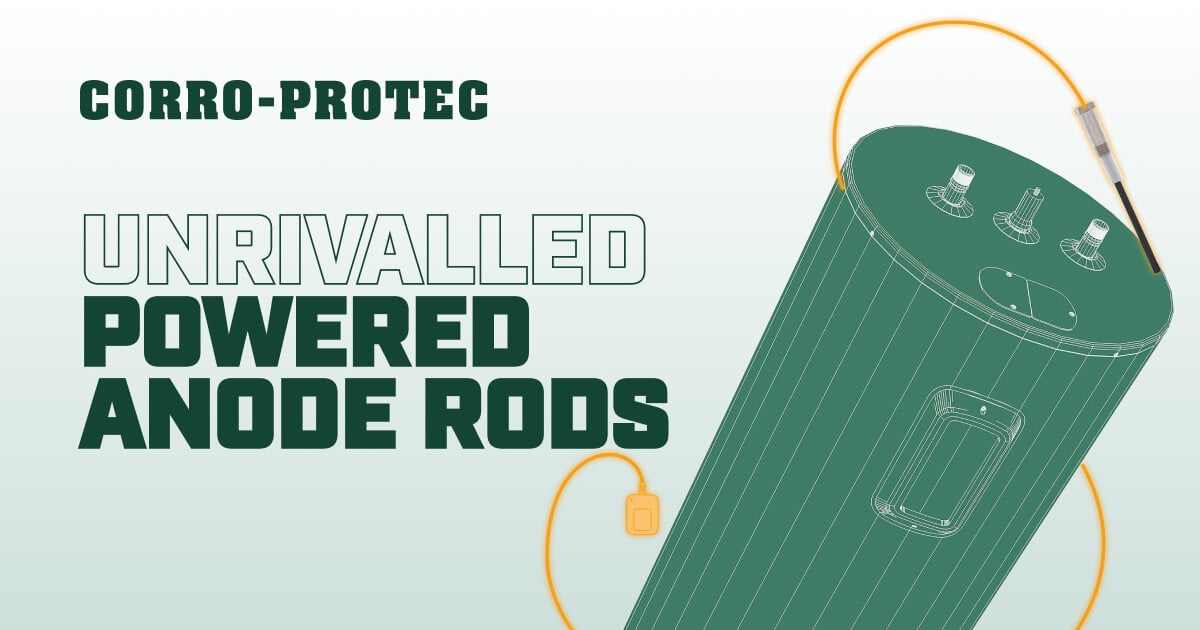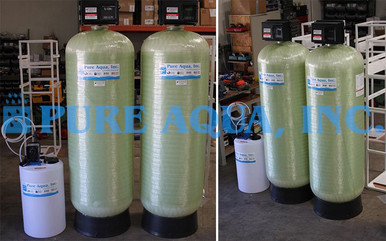I used my Milwaukee battery-powered 1/2" impact gun that has 1000 ft/lbs of torque when set on reverse. It popped the rod loose in seconds. Then I installed this:
Supposedly it never wears out. Time will tell. I pulled the original rod out at the 5-year mark and it was almost gone.
Home
Corro-Protec's Powered Anode Rods prevent corrosion, smells and limescale buildup in water heaters, Residential, RV & Commercial. Find out more today!www.corroprotec.com
Anode life depends on the make up of your water supply. Just pulled two electric water heaters after 16 years due to one bursting and the anode and tanks had little to no corrosion except on the heating elements.


